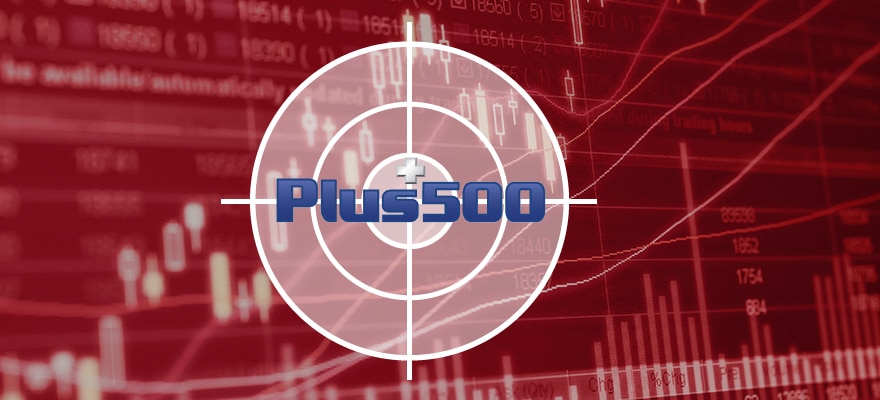This article was written by Soren Lanng who is the CEO at ECO Group.
Having followed the process with Playtech acquiring Plus500, the outcome has finally been announced – “cancelled”. The reason for this we do not know for sure, perhaps not even Playtech can be sure of what happened in what looked to be a good plan to jump into the attractive FX retail industry.
Entering the FX retail industry - the major change in the FX space
The traditional strategy of entering this industry is simply to acquire a major market player. However, this sector is now changing faster (in almost all areas we can think of) than agreements can be signed.
This industry looked rather different when Playtech laid the plan, in the meantime we had the CHF Black Swan event wiping out a large part of the industry, and companies announcing heavy investments in R&D of new trading technologies.
Monex announced the reorganization of its organization aiming at R&D of new technologies, London Capital Group acquired the software company “Surecom” from Spotware, and I think we will see more of such moves in the future.
An increasing part of the account openings now comes from users using a Smartphone, changing the frontends from large screen online, to small screen offline oriented.
From account driven to technology driven industry
The cost of an account opening is increasing dramatically, due to the increasing competition, for every month new brokers start up - the competition gets much harder.
The sector is now heading into a technology race, where those who start first on developing new technologies will also be the ones having the edge in the future.
The future competition will be technology driven, as the ability to attract future account opening will become more important than the book of past account openings. Having an increased cost of an account opening, demands differentiation in the market, and it will become essential for the future market players to have a clear edge in the market, attracting account openings by offering differentiated products, rather than being good at marketing.
FX retail is traditionally a low-tech industry – technology is becoming strategic
The FX retail segment has traditionally been a low-tech segment, with few new R&D technologies this past decade from the perspective of the users. Probably since there was no motivation in this segment to provide better products for the users.
However, with the entrance of LMAX, the invention of aggregation of Liquidity , matching technologies, increasing focus at automated trading, Copy & Social Trading, the move to small screen devices, this segment is experiencing a major change, where keeping the clients as profitable as possible is changing this game 180 degrees.
The situation is that new technologies take time to develop, new art technologies take even longer time. It takes typically 5 years to develop a simple frontend for financial trading, 10 years for a frontend having new art and which can match platforms such as Esignal and TradeStation. Time, knowhow and having technologies now, and not in 5-10 years, is becoming very strategic in this industry.


















